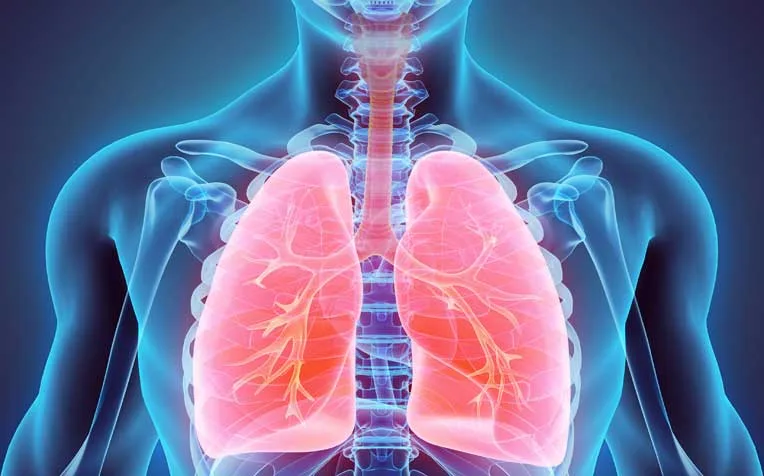WHO Urges Immediate Action to Restore Tuberculosis Services Amid Funding Cuts
The World Health Organization (WHO) has issued an urgent call for action to address global disruptions in tuberculosis (TB) services. The organization highlights the severe impact of funding cuts, which threaten to reverse years of progress in TB prevention, diagnosis, and treatment. With millions of lives at risk, WHO emphasizes the need for immediate intervention to prevent further setbacks.
The Alarming Impact of Funding Cuts on TB Services
Since 2000, global efforts have saved approximately 79 million lives through TB prevention and treatment programs. However, recent funding shortages have led to significant disruptions in TB services, particularly in high-burden countries across Africa, South-East Asia, and the Western Pacific.
Key challenges caused by funding shortages include:
- Shortages of healthcare workers, affecting TB service delivery.
- Disruptions in diagnostic services, delaying early detection and treatment.
- Collapsing surveillance systems, making it difficult to track disease spread.
- Reduced community outreach programs, increasing transmission risks.
- Interrupted drug supplies, leading to treatment failures and resistance.
In several countries, TB treatment programs have reported severe drug shortages, further exacerbating the crisis. The growing threat of drug-resistant TB is also a major concern, as inadequate treatment can lead to more deadly, untreatable strains of the disease.
Rising Drug-Resistant TB Threatens Global Health
One of the most pressing concerns is the rise of drug-resistant TB. When patients do not receive proper treatment due to supply shortages or service disruptions, TB bacteria can develop resistance to medications. Drug-resistant TB is harder to treat, requiring longer, more expensive treatment plans with limited success rates. If not controlled, this could lead to a surge in untreatable TB cases, posing a major global health threat.
WHO’s Five-Point Plan to Tackle the Crisis
To combat the growing crisis, WHO has outlined five key priorities:
- Urgent restoration of TB services to prevent further treatment interruptions.
- Securing sustainable funding to ensure uninterrupted TB prevention and care.
- Protecting essential TB resources, including medicines, diagnostics, and support services.
- Strengthening national collaboration among governments, NGOs, and civil society groups.
- Enhancing monitoring and early warning systems to detect and respond to service disruptions in real-time.
These measures aim to ensure that the progress made in TB eradication is not lost due to financial constraints and service breakdowns.
Economic and Health Benefits of Investing in TB Services
Investing in TB prevention and treatment is not just a humanitarian obligation but also an economic necessity. Research shows that every dollar spent on TB services generates an estimated $43 in economic returns. Maintaining a strong TB response system is crucial for both public health and economic stability worldwide.
Integrated Health Approaches: A Sustainable Solution
To optimize resources, WHO advocates for integrating TB services into primary healthcare. A new technical framework focuses on prevention, early detection, and improved patient follow-up. Addressing common risk factors such as overcrowding, tobacco use, undernutrition, and environmental pollutants will strengthen overall TB control efforts.
Conclusion
WHO’s urgent call to action underscores the immediate need for increased investment in TB services. Without decisive action, disruptions in TB prevention and treatment could lead to a significant resurgence of the disease, reversing decades of progress and endangering millions of lives. Governments, global health organizations, and communities must work together to ensure continued access to TB care and to prevent a worsening crisis.
As the world marks World TB Day, the responsibility falls on all stakeholders to take swift and meaningful steps toward ending TB once and for all.




+ There are no comments
Add yours